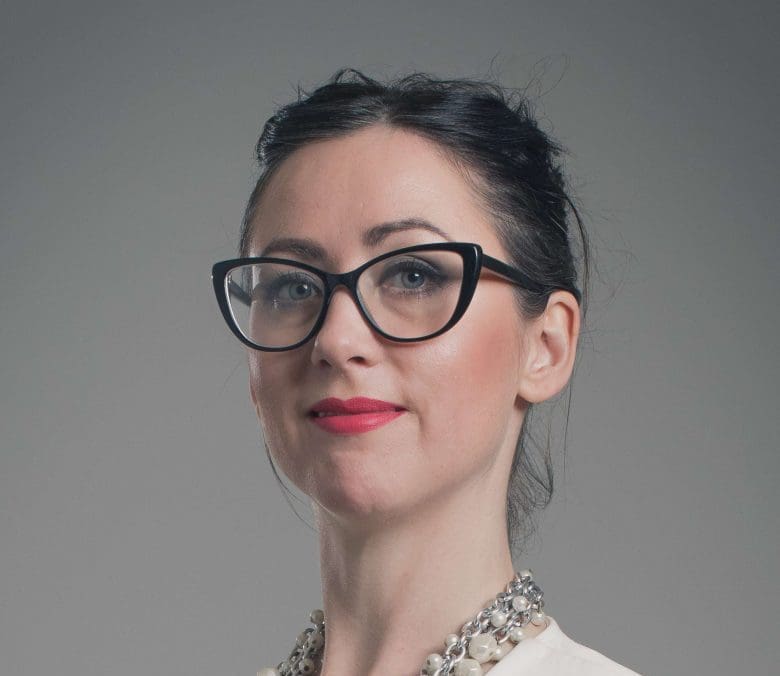If you’re a regular reader of All Things Business, you’ll have hopefully read part one in my series documenting Amplitude’s participation in the four-day working week trial. (It’s still online if not!). Once again, the ATB team have given me an entire page to document our journey. We’ve maintained from the off that we should be totally transparent in our four-day week experiences if we are to be of benefit to the academic research, so here we are laying it in print, I’m very grateful for the opportunity to bring you all along with us.
For those who may not be aware, 70 companies in the UK are participating in the biggest ever global trial of the four-day working week. That’s over 3,000 staff members in total. Supported by the 4DW think tank and Boston and Cambridge universities, the study will track our productivity, output, turnover, staff wellbeing and mental health. The idea being that, in fact, working fewer hours sees productivity either remain constant or more commonly increase, and that team wellbeing and mental health improve. I have to say, our staff would already rank quite high on the ‘workplace morale’ charts, we have four dogs in our office for starters, and an open, progressive culture where people feel valued, but wins here are still wins in my book. (I mentioned the dogs, right?)
At the end of month two, we’re now taking stock of how it’s gone so far. Cards on the table, we’ve definitely had some workflow and project management hiccups, nothing that’s affected delivery for our clients, but times when we’ve lost track of project status and who’s where with what. The answer here was simple: we needed to double down on the project management training and processes we implemented when the trial began. Working models don’t become fully adopted in any organisation with a train-once mindset. Training and learning is continuous, and working practices are only truly integrated once they have been reinforced and revisited, accompanied with explanations as to why we are working this way, not just top-down orders.
Alongside this, we’ve asked everybody what is working, what is not, and why – dropping any admin tasks that simply aren’t delivering ROI. We’re agile enough to know that something on paper doesn’t always translate in practice. Lastly we’re really leaning on peer to peer learning and sharing. We’ve now added a 15-minute learning session to our Monday morning meeting (which is the big one of the week for us), with this being open to the team to use to share, not just the leadership team. If you’ve had an idea, found something cool, built a little shortcut or automation tool (which there are a myriad of options to do in Adobe, our creative software) then please share, teach your colleagues, and teach me!
Client side, it’s all been smooth sailing. The hiccups have been handled without us missing any project milestones in terms of their expectations. (I’d imagine a visual of a swan here, they see the glide, but we all know there’s a bit of a paddle underneath). We’ve also been open about the trial in new business meetings, as I don’t think it’s fair to spring this on people once we win work.
Generally everyone we meet has been really supportive and encouraging. What’s more, all this work efficiency driving has meant we have scope for growth and are ready to bring new in projects, and that’s after being at capacity and turning down work at the start of the year.
Personally, with my days being staggered and swapping more than the team who are fixed, I am finding I never know what day it is anymore and am thankful for my team for reminding me on a daily basis!
I’ll be back next month with another update, and you can follow our story.
Find out more at www.thisisamplititude.co.uk













